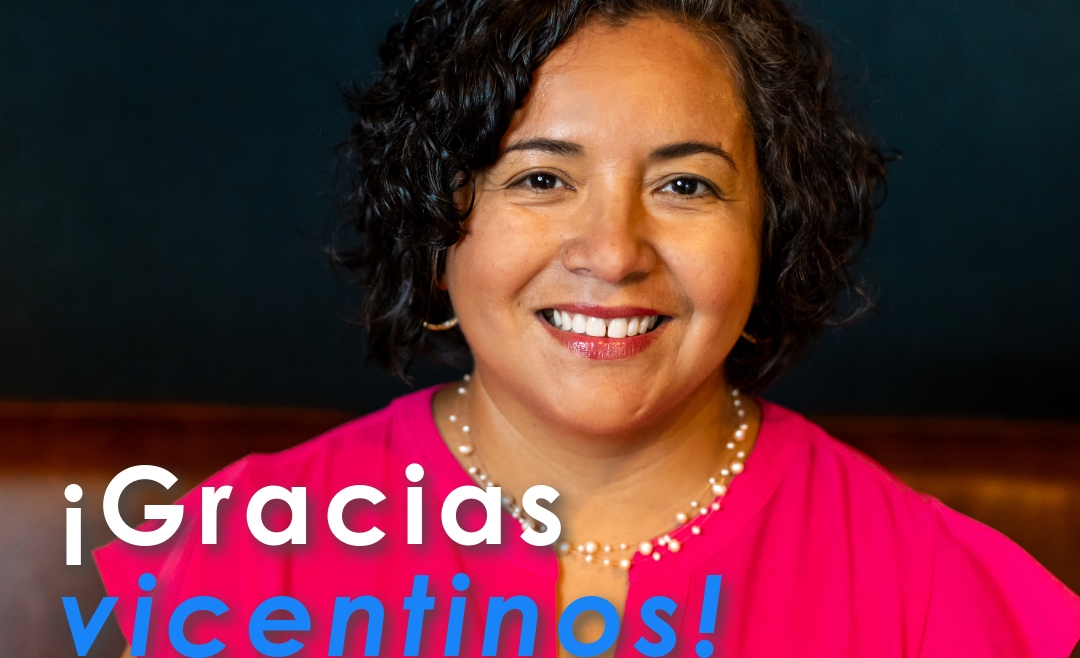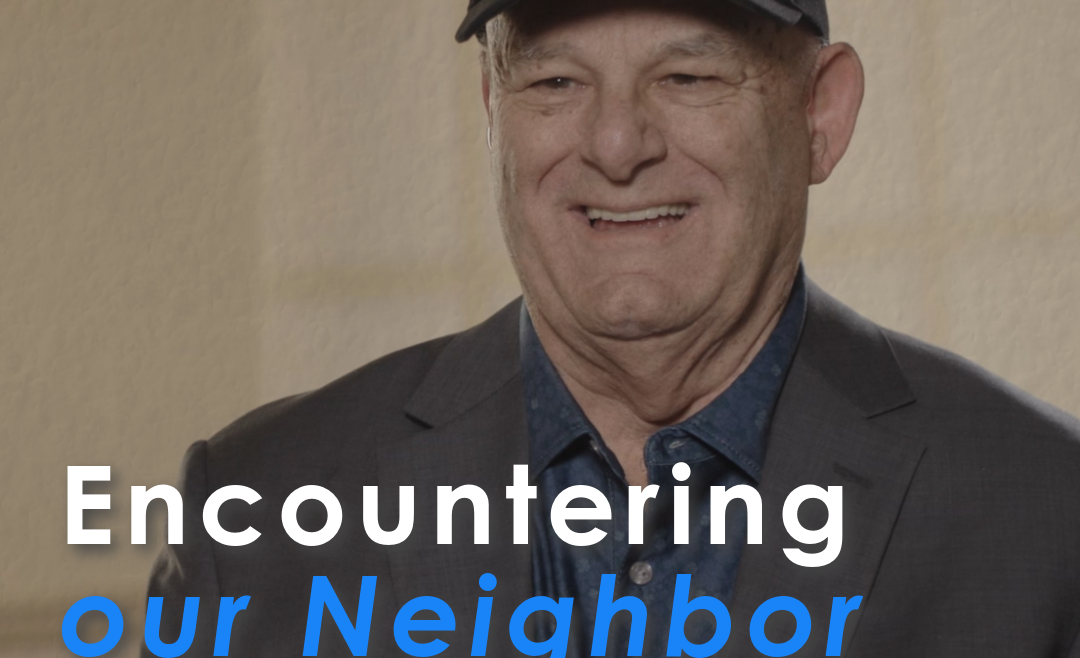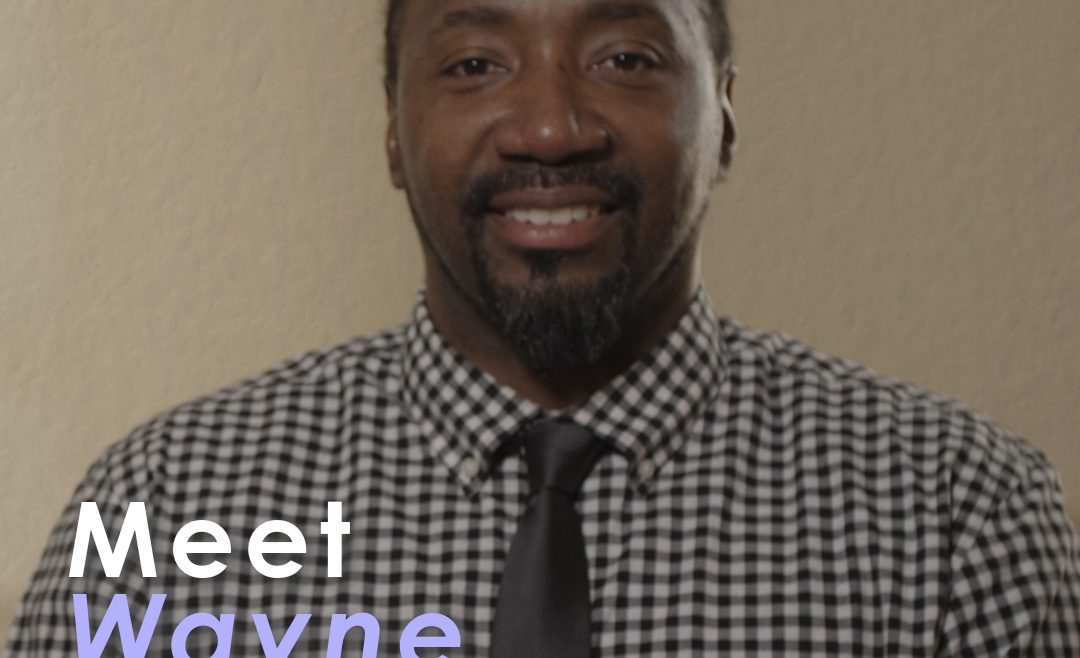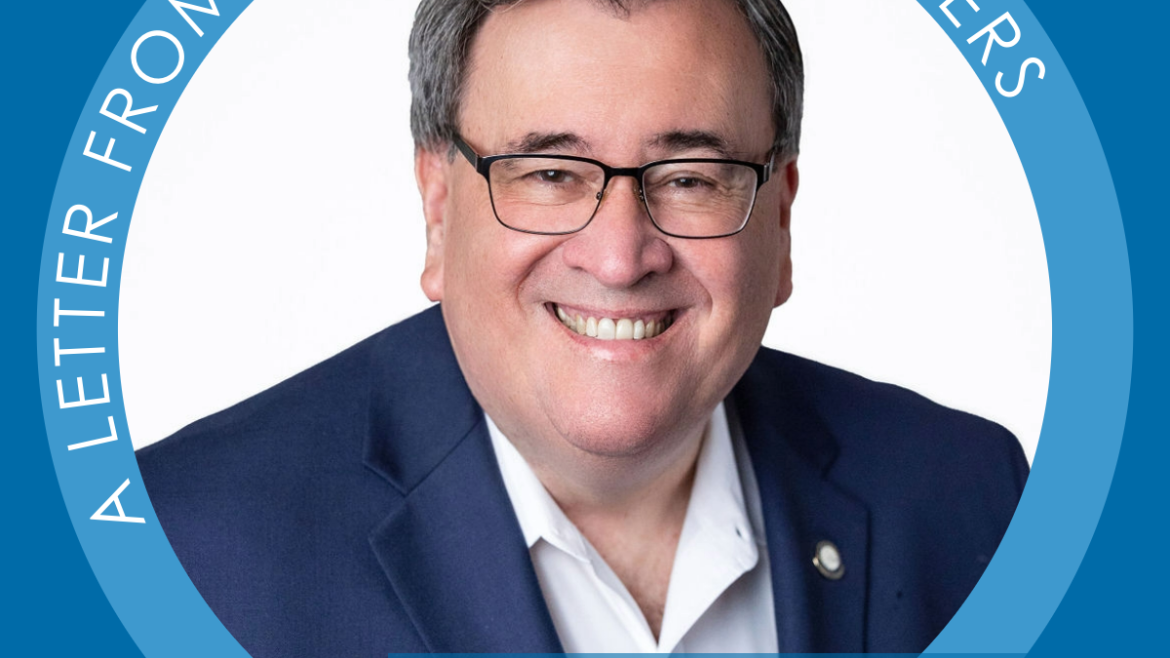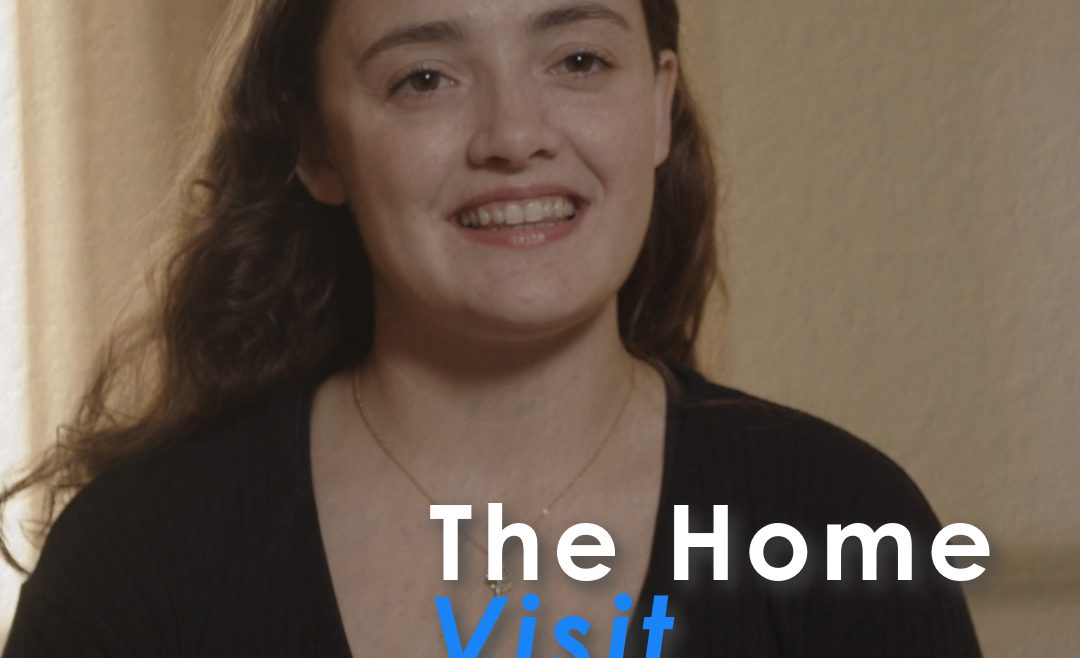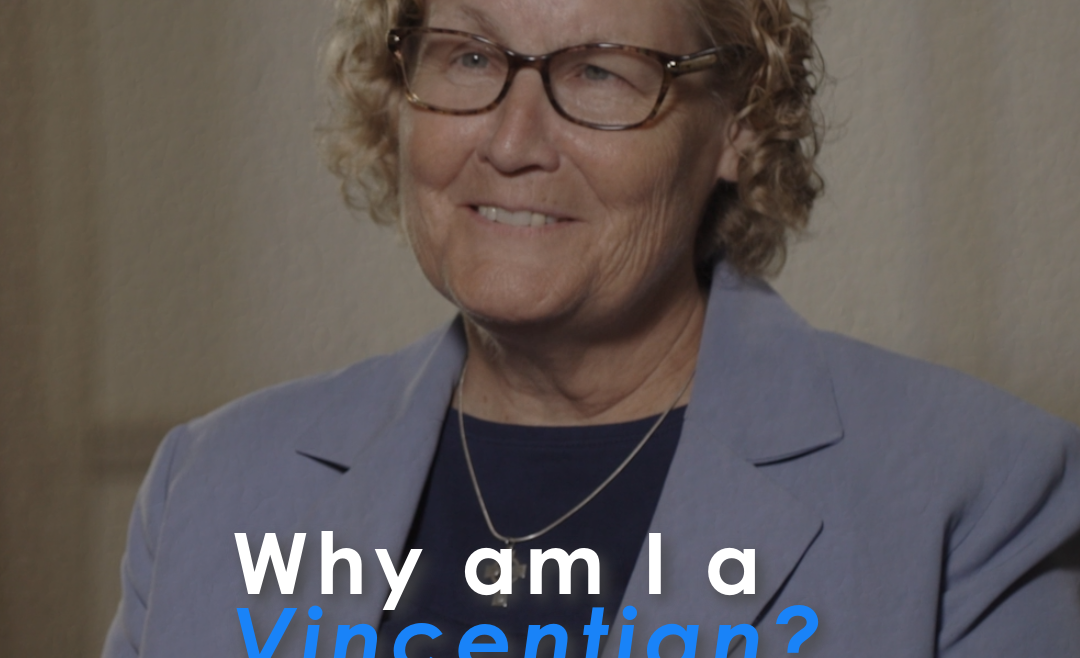Embracing Faith and Service: Michael Acaldo’s Journey with the Society of St. Vincent de Paul
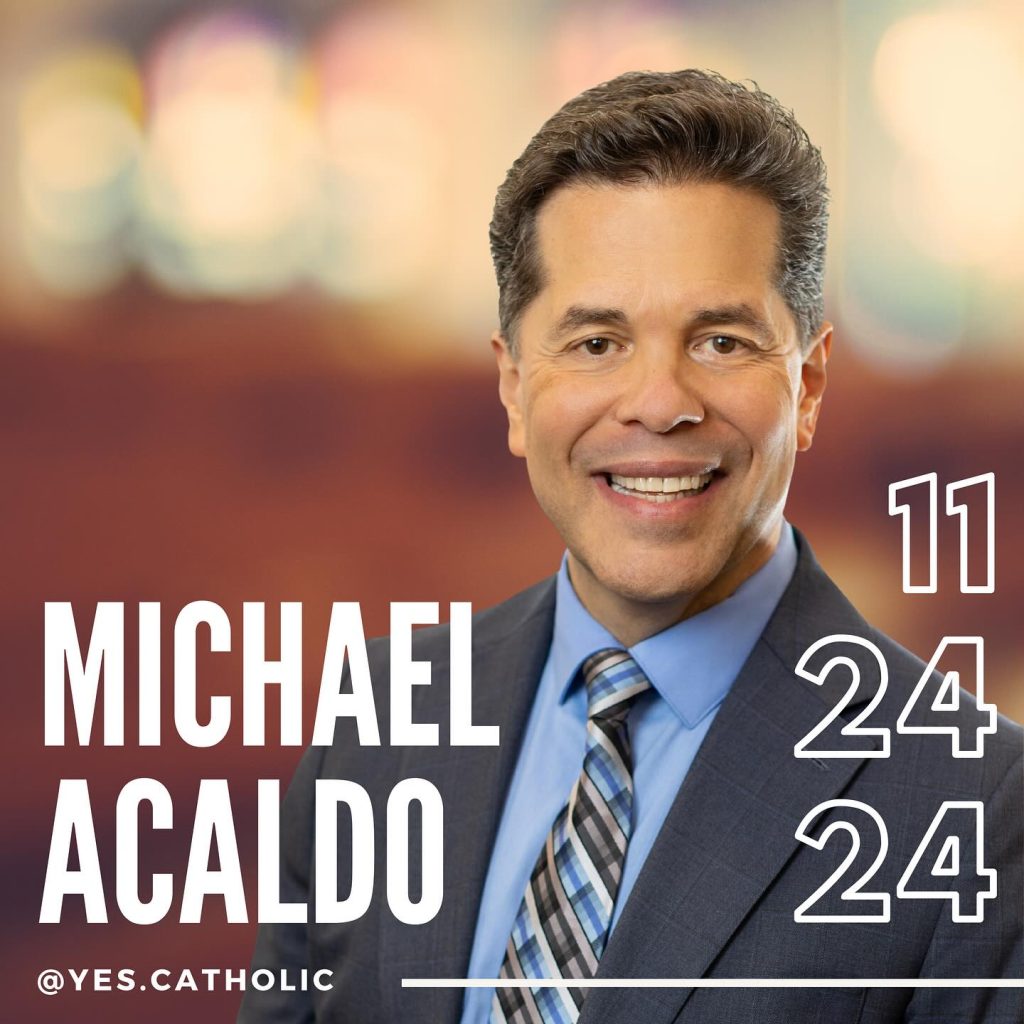 The Society of St. Vincent de Paul USA’s CEO Michael Acaldo was recently featured on the weekly podcast Yes Catholic.
The Society of St. Vincent de Paul USA’s CEO Michael Acaldo was recently featured on the weekly podcast Yes Catholic.
“During my 34 years of being a Vincentian in the Society of St. Vincent de Paul, I have met so many good people and had the opportunity to witness ordinary people doing extraordinary things…I have been surrounded by people that have put their faith into action by sharing Christ’s love to the most vulnerable. This has shaped me in a remarkable way…”
Listen to the full episode as he shares about his inspiring journey of faith and service:

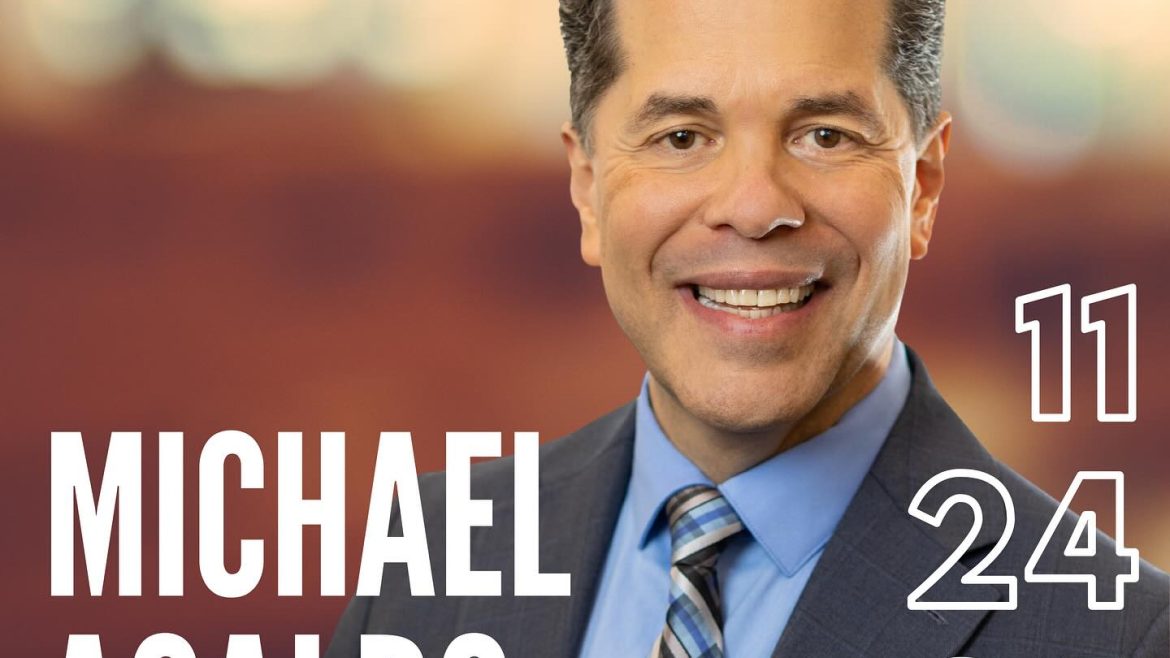

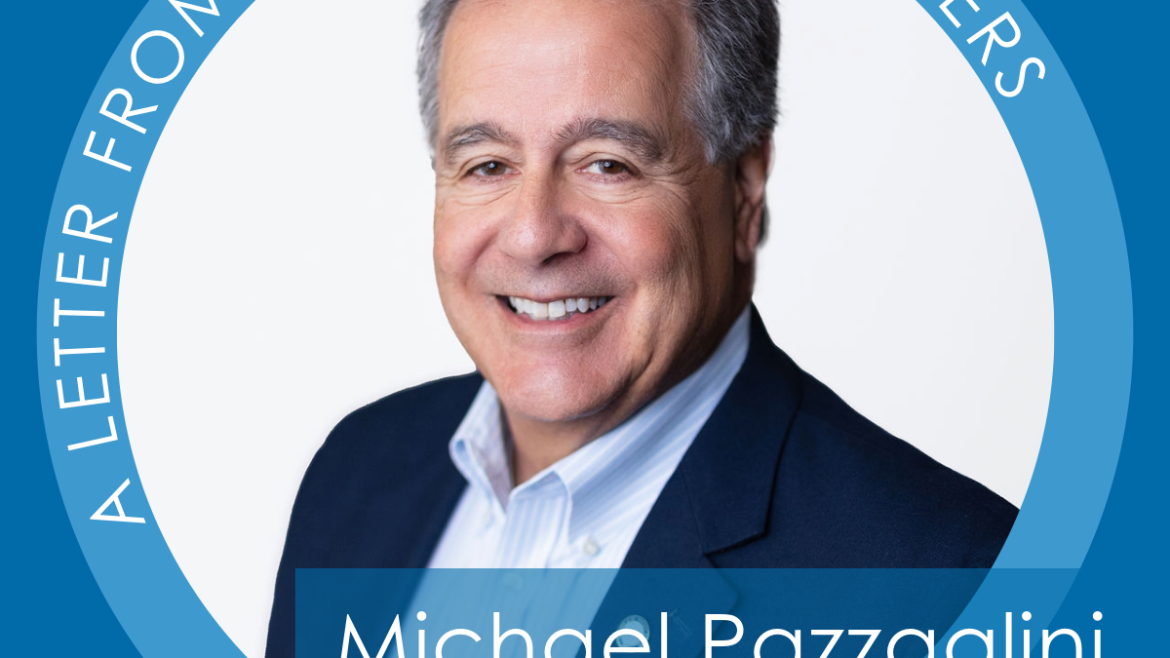
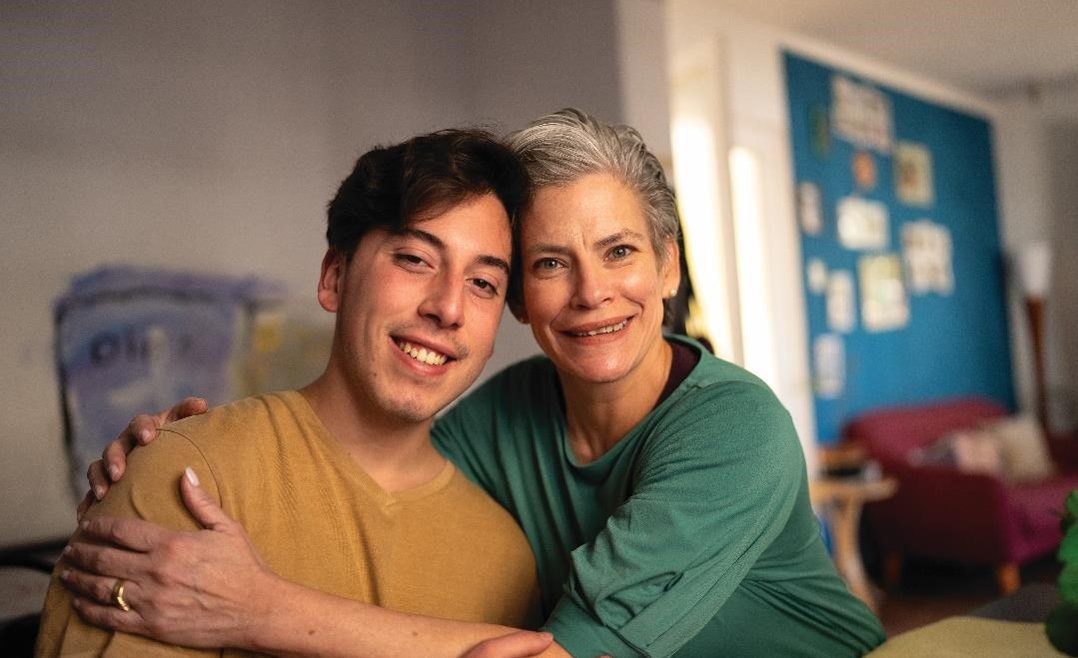
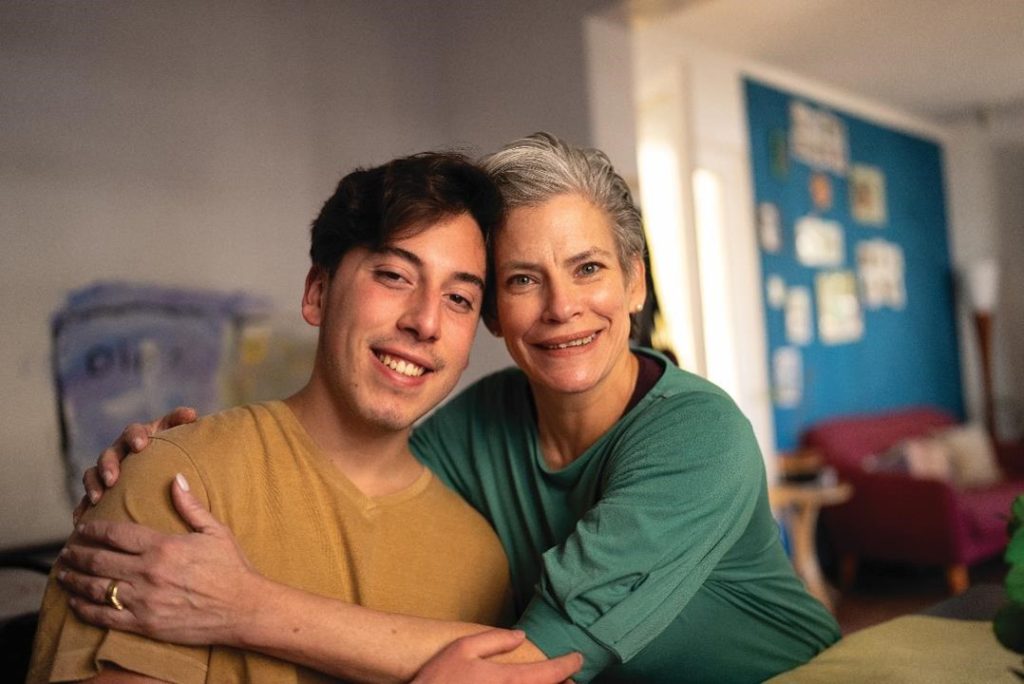 As a single mother to a grown, autistic son, Sarah faced a heartbreaking reality.
As a single mother to a grown, autistic son, Sarah faced a heartbreaking reality.